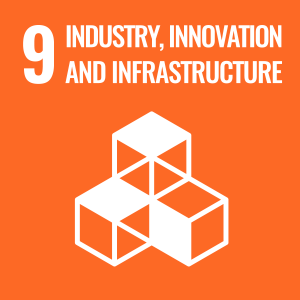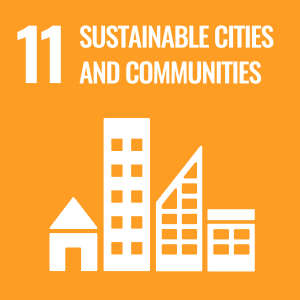UGEC3213 Innovating the Future: Gender, Science and Technology
Time
Lecture: Tuesdays 02:30 p.m. - 04:15 p.m
Tutorial: Tuesdays 04:30 p.m. - 05:15 p.m.
Instructor
Professor HAN Ling
Course Description
This course examines the gender dimensions of innovation and novelty. The key questions are: How/Why/What/When innovation(s) are gendered? We will discuss the fluidity and messiness of doing and undoing gender in innovation practices and meanings produced. Broadly defined, innovation refers to new ideas, new knowledge, new technologies, new designs, and creative practices with the goal to solve social or technical problems. Many innovations may seem gender-neutral but are inherently imbued with gender perceptions. The course will equip students with ways to apply gender analysis to decipher innovations and innovative processes. The course incorporates sustainable development goals (SDGs) on Gender Equality and Reduced Inequalities to become more discerning toward more sustainable practices to advance Industry Innovation and Infrastructure. Using case studies from the technology culture, the routine practices, and the emergent new economy, students will learn to untangle how gender intersects with the seemingly neutral artefacts of innovation and technology. The course further covers how emergent issues of diversity and inclusion, AI and information technology, social entrepreneurship and social innovation, and leadership style could reshape the existing relationship between gender and innovation to advance sustainability and social resilience.
Learning Outcome
- A deeper understanding of how innovations and technologies are gendered.
- A sense of the distinctive and shared views in reflecting how gender shapes innovation and entrepreneurship.
- Knowledge and ability to apply gender analysis to identify and describe different processes of innovation and entrepreneurship.
- Reflexive Insights into the power dynamics played by individuals and institutions in the creation of novelty.
- Ability to synthesize different theoretical traditions and disciplines that study gender and innovation.
- Capability to evaluate technology and science-based entrepreneurial projects on their inherent gender assumptions and provide relevant suggestions.







